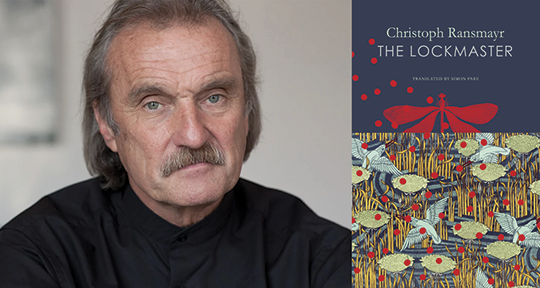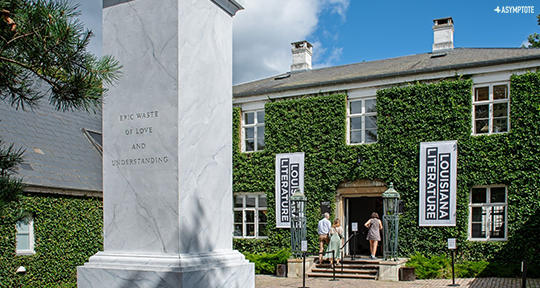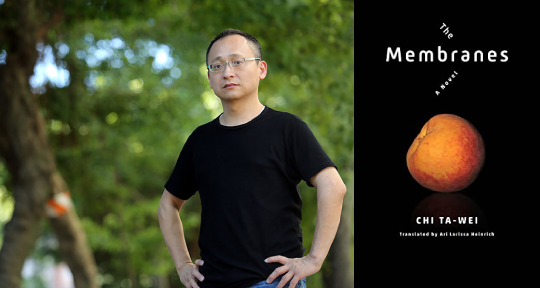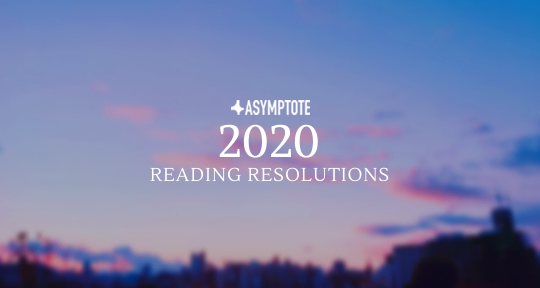The Lockmaster by Christoph Ransmayr, translated from the German by Simon Pare, Seagull Books, 2024
The Lockmaster, the latest novel from Austrian writer Christoph Ransmayr, begins with an act of killing in a small European town. The narrator’s father—the titular lockmaster—presides over a series of sluice systems for guiding river traffic around the Great Falls, a cascade over a hundred and twenty feet high on the White River. On a festive day, ironically a day to celebrate the feast of Saint Nepomuk, the patron saint of those in danger of drowning, the lockmaster floods a navigation channel carrying riverboats. Accidental or otherwise, this episode claims five lives. A year later, almost as if in atonement, the lockmaster stages his disappearance into the same foaming roars of the Great Falls.
Tortured by the possibility that his father could be a murderer, the narrator goes on to experience a series of harrowing events as his hydraulic engineering projects carry him from the banks of the Xingu River in South America to the Mekong in Asia. By the time the narrator travels back to Europe and to the coasts of the North Sea, he himself has transformed into a murderer. Throughout, Ransmayr details the narrator’s childhood with gentle premonitions of his transformation, with prose that feels like a moving panorama of the idyllic outdoors, soaked in an aesthetic genre that seems almost “cottagecore”; yet, existing collaterally with the seemingly quaint charm of strawberry-picking and kayak rides, amidst riparian forests and river spirits, there are far more disturbing scenarios. READ MORE…









